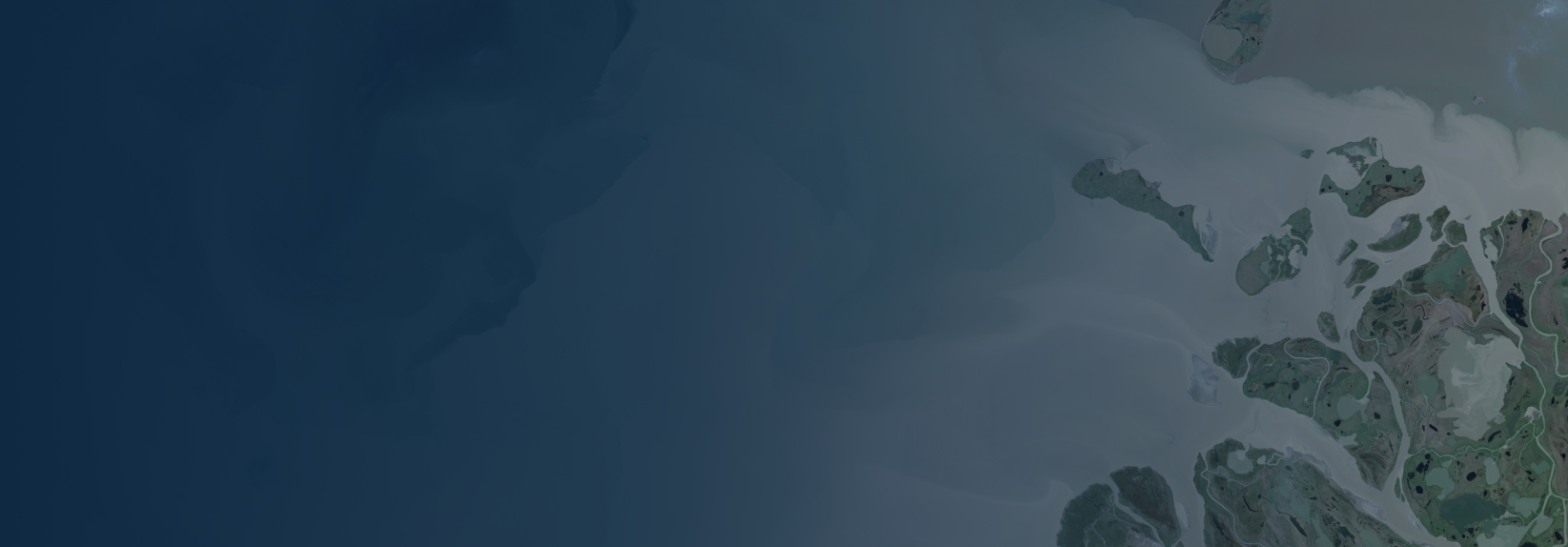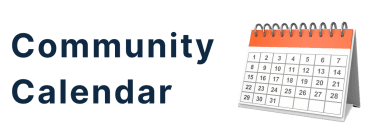Join us at the 2026 January ESIP Meeting! Register.
More about ESIP
Want to participate in ESIP? There are many ways to join! We pull together large meetings twice a year but domain-specific groups gather each month. There are also funding opportunities through the ESIP Lab as well as for students.
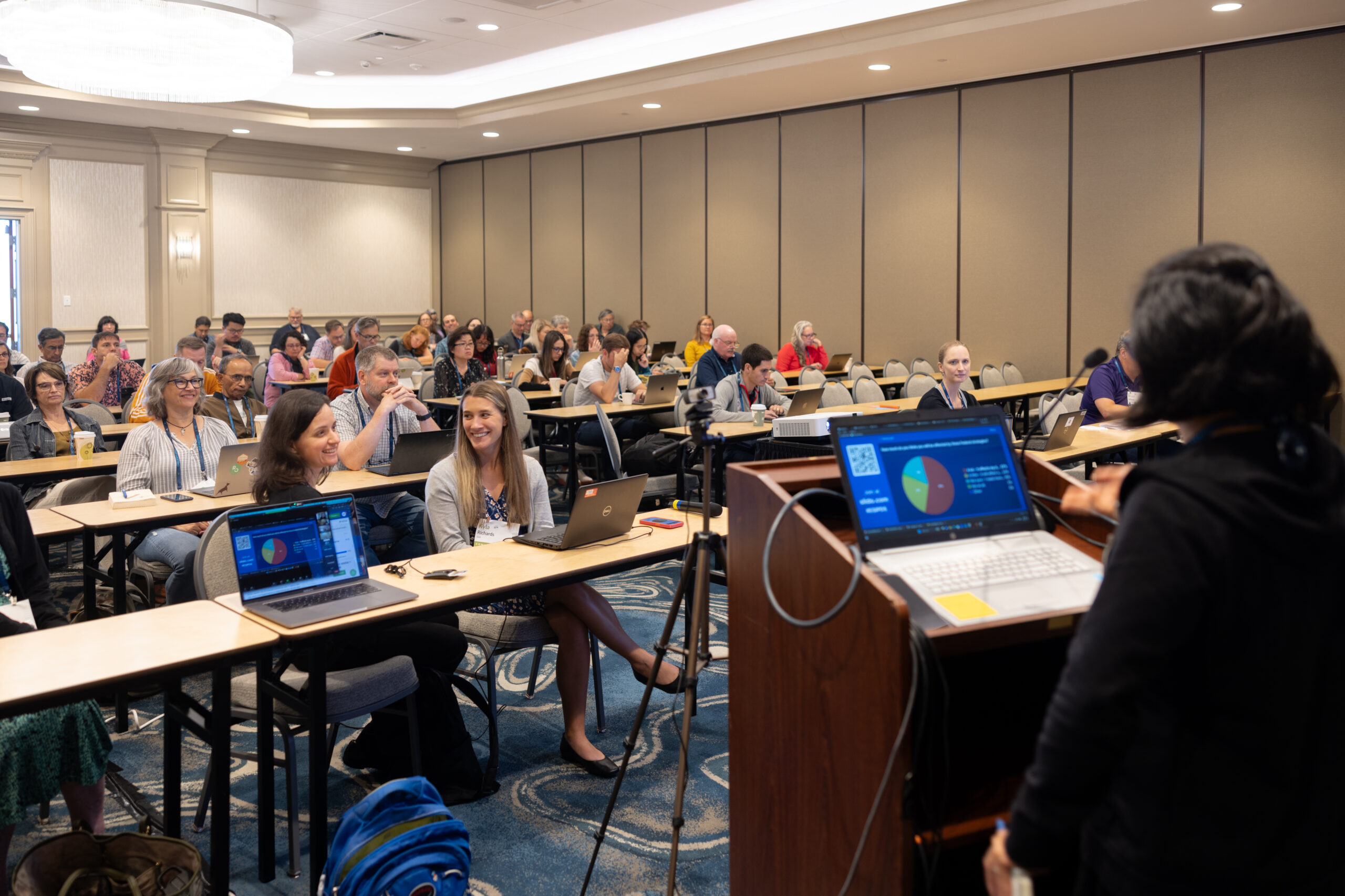
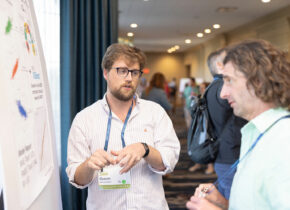
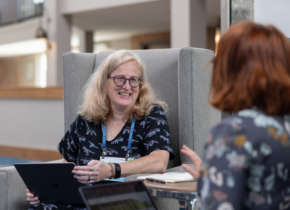
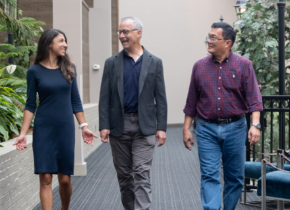
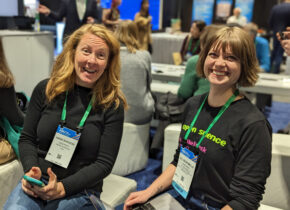
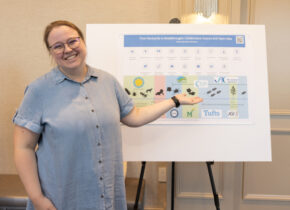
FAQs
Can I join as an individual?
ESIP does not offer partnership to individuals, only organizations. However, participation is open to anyone who wants to attend ESIP Meetings, join Collaboration Area calls and projects, and be a part of our Earth science data community.
Do I have to officially join ESIP to participate in activities?
No, there is no formal membership required for individuals. You can jump into any activity that interests you, whether it’s contributing to a Collaboration Area, attending our next ESIP Meeting, or simply joining the conversation in Slack.
If you represent an entire organization and would like to join as an entity rather than an individual, please apply for Partnership.
How are ESIP programs funded?
ESIP is funded through cooperative agreements with NASA, NOAA, and USGS. We also rely on ESIP Meeting sponsorships to help underwrite the costs of our operations. Learn more about sponsoring us, or read our financials to understand how we operate.
How do I know if my organization is already a partner?
Check the partner list here.

